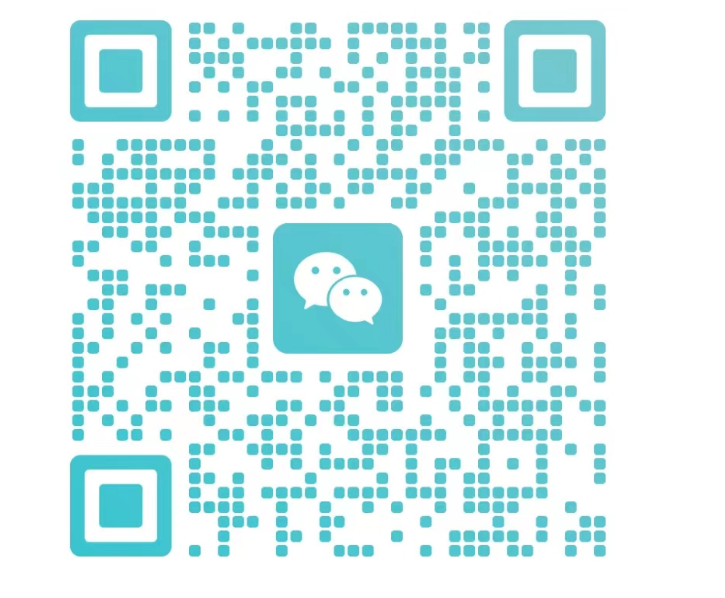Introduction

The U.S. government has recently tightened visa restrictions for Chinese citizens, escalating tensions between the two economic powers. The move has drawn critici *** from China, which sees it as an attempt to contain its rise and alienate Chinese citizens from the rest of the world.
Background
The visa restrictions, announced by the U.S. State Department on September 25, 2020, apply to Chinese students and researchers who have ties to Chinese military institutions or who work in fields deemed sensitive to national security. The State Department said that the restrictions were aimed at "protecting American intellectual property and sensitive technologies" and preventing China from exploiting them for its own purposes.
Impact on Chinese Students and Researchers
The visa restrictions have raised concerns among Chinese students and researchers, who fear that they will be unfairly targeted and stigmatized. Chinese students and researchers make up the largest group of foreign nationals in American universities, and their contributions to American research and innovation are widely acknowledged. Some fear that the visa restrictions will discourage Chinese students and researchers from coming to the United States, depriving American universities of much-needed talent and diversity.
Chinese Government's Response
The Chinese government has condemned the visa restrictions as an infringement on Chinese sovereignty and an attempt to undermine China's development. China's Ministry of Foreign Affairs has accused the United States of "politicizing normal exchanges" and "interfering in China's internal affairs." The ministry has also urged the United States to "stop using various pretexts to restrict and suppress Chinese students and scholars."
Impact on U.S.-China Relations
The visa restrictions are the latest in a series of actions by the United States to curb China's rise and challenge its influence. In recent months, the United States has taken a number of steps, including imposing tariffs on Chinese goods, blacklisting Chinese companies, and criticizing China's handling of the COVID-19 pandemic. China has responded with its own countermeasures, including sanctions on U.S. officials and companies, and by increasing its military and economic presence in the Asia-Pacific region.
Conclusion
The visa restrictions are likely to further strain already tense U.S.-China relations and have far-reaching implications for both countries. While the United States sees the restrictions as a necessary measure to protect its national security and intellectual property, China sees them as an attempt to contain its rise and undermine its global influence. The long-term impact of the visa restrictions on the education and research sectors in both countries remains to be seen, but it is clear that the tensions between the United States and China are unlikely to dissipate anytime soon.







